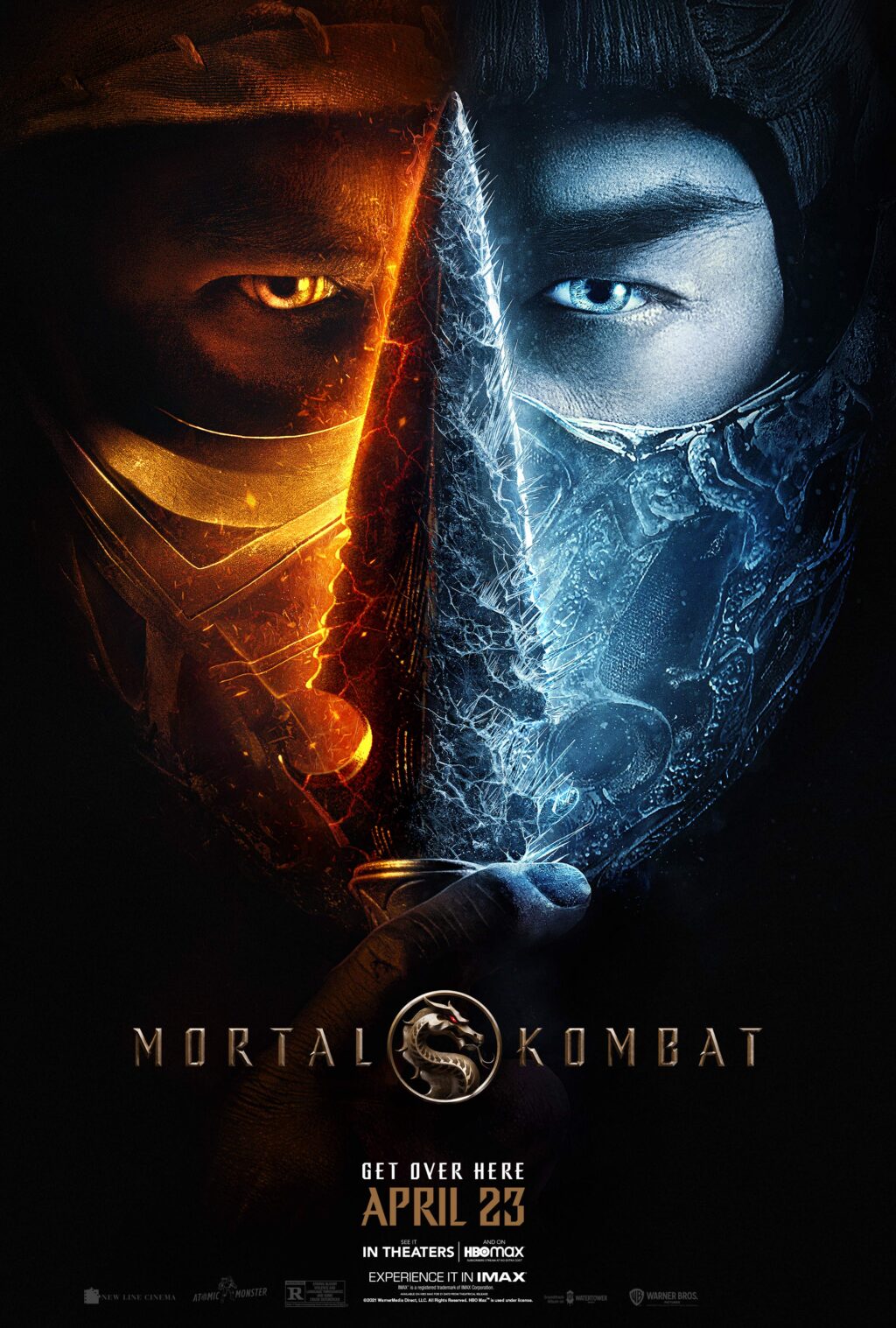
Introduction
The Mortal Kombat movie has reignited interest in one of the most iconic video game franchises of all time. The film, released in April 2021, blends action, fantasy, and martial arts, appealing not only to longtime fans of the series but also to a new generation of viewers. As a medium that incorporates rich storytelling and diverse characters, Mortal Kombat’s transition from game to film highlights its cultural significance and the expectations audiences have for adaptations of beloved properties.
Overview of the Film
The 2021 Mortal Kombat movie, directed by Simon McQuoid, introduces a fresh narrative centered on Cole Young, a new character portrayed by Lewis Tan. The film features a star-studded cast, including Jessica McNamee as Sonya Blade, Josh Lawson as Kano, and Joe Taslim as Sub-Zero. These characters navigate a richly constructed universe filled with intense martial arts competitions, embedded in a larger battle for Earthrealm against Outworld.
Reception and Impact
Upon its release, the film received mixed reviews from critics but was highly praised by fans for its visual effects, fight choreography, and faithfulness to the source material’s brutality. According to Box Office Mojo, the movie grossed over $83 million worldwide against a budget of $55 million, showcasing its popularity. Despite some critique regarding the plot and character development, the film managed to foster excitement for potential sequels, with a sequel already being discussed by producers.
Cultural Relevance
The Mortal Kombat franchise has a long-standing legacy since its debut in 1992, being one of the pioneers of fighting games. This film adaptation reignited discussions on video game adaptations in Hollywood, with many fans advocating for authentic representation of gaming lore. Moreover, the film’s portrayal of multicultural characters continues to resonate with audiences as it reflects a more diverse cinematic landscape.
Conclusion and Future Prospects
The Mortal Kombat movie not only serves as a tribute to its gaming origins but also opens the door for future adaptations in film and television that respect the source material. As the demand for high-quality video game adaptations grows among audiences, the success of this film could pave the way for similar projects, potentially leading to a renaissance in how these narratives are brought to life on-screen. As fans eagerly await the next installment, Mortal Kombat remains a pivotal case study in the evolution of video game adaptations in cinema.



